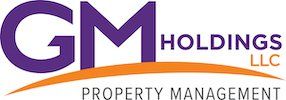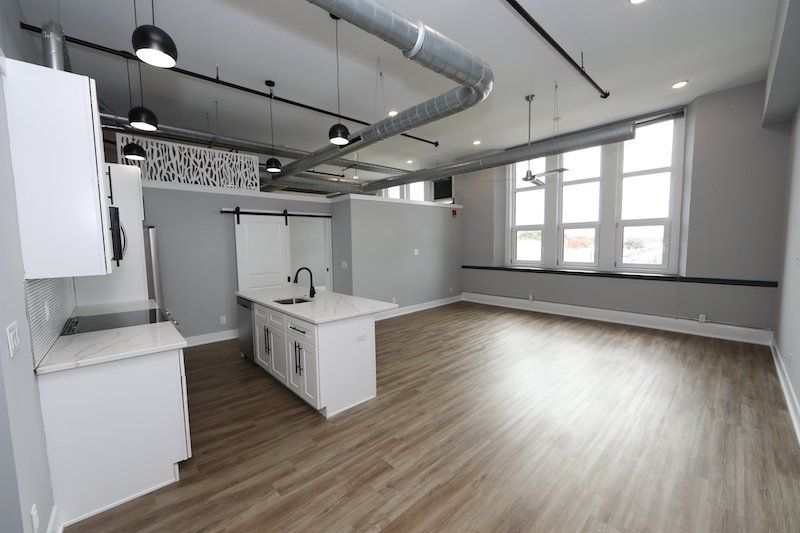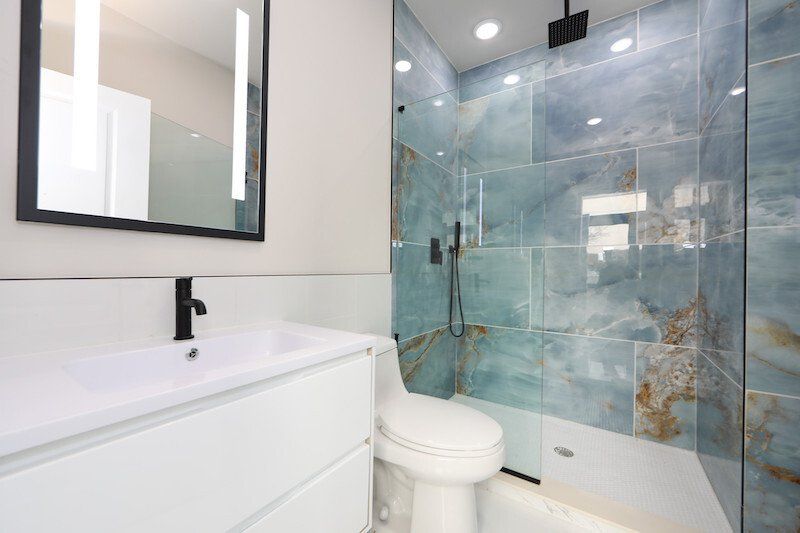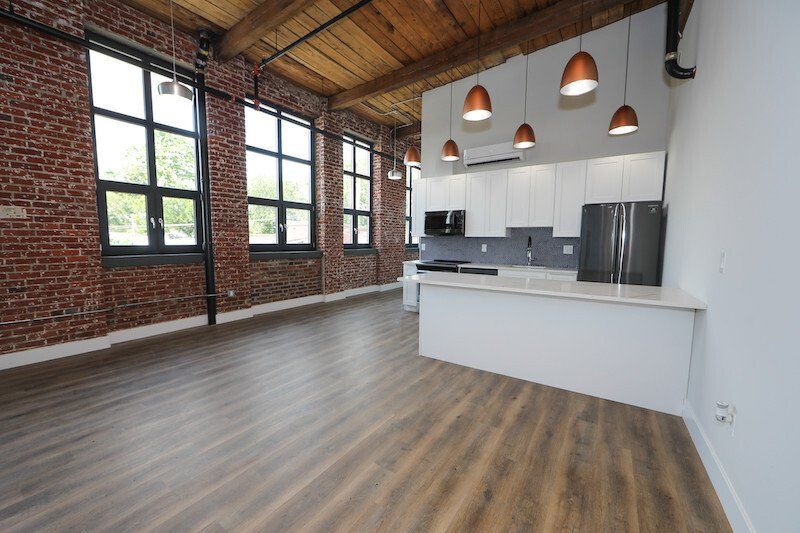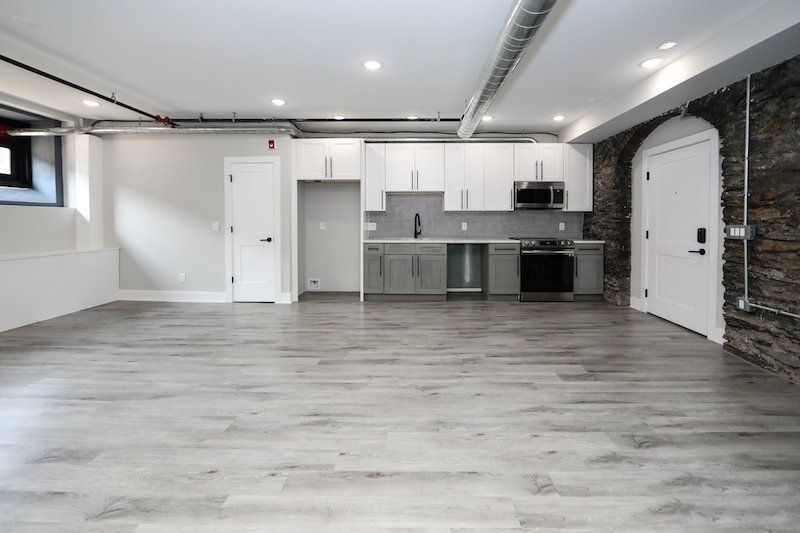Philadelphia Property Management Company
All Available Properties
Pay Rent Online
GM Holdings, LLC
Tenant Testimonials
Kenneth

"GM Holdings is the reason I left New York City and moved to Philadelphia. The owner designs absolutely amazing loft-style properties! He has a true vision for renovating industrial properties into chic living spaces. On top of that, he has always treated me with tremendous respect and works hard to quickly resolve any problems that arise.”
Connie

"I’m a resident of GM Holdings and have lived at my house for almost two years. My husband and I love it. The people there are so nice and their homes are very well kept. I love that they have security around all their properties and the office staff is the best ever."
Es Cafe Lounge

"I would like to say that GM Holdings is an awesome company. The staff is great and I enjoy working with them. There are great at communicating with their tenants. Jen has the most positive personality. ✨️"
#MinkGirl

"#MinkGirl has reached so many different levels of success since coming into the commercial space owned by GM Holdings, Jen is helpful, accommodating, and resourceful. As my businesses continue to grow I look forward to building under the GM Holdings umbrella"
Residential Properties
Commercial Properties
Tenant Portal & Bill Pay
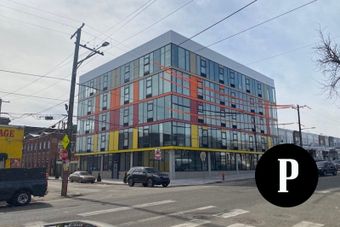
Philadelphia Magazine Feature: J Street Lofts
Check Philadelphia Magazine's article and spotlight on our J Street Lofts.
Phila Rising Feature: 1810 E Venango Street
Check Phila's article and spotlight on our project at 1810 E Venango Street.
